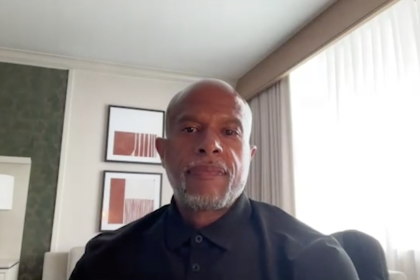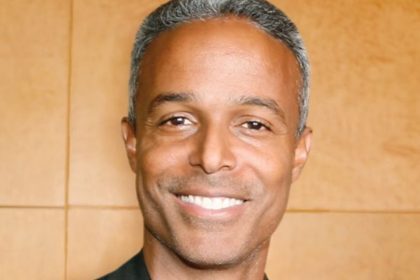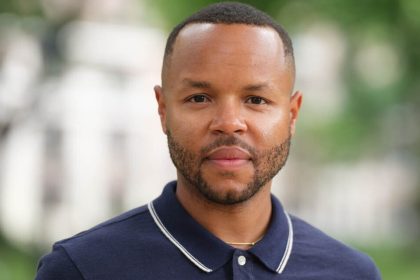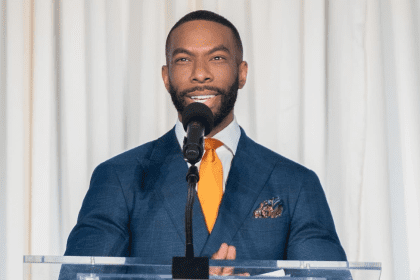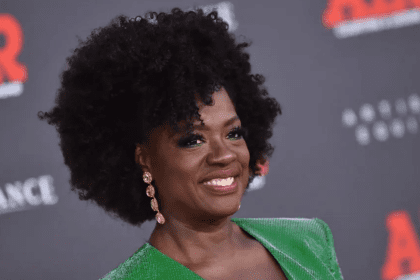Al Vivian, CEO and president of BASIC Diversity Inc., spoke with rolling out about several issues that serve as indicators that truthful discussions on inclusion must continue across our nation.
Considering the current social climate in the country, what recent events most serve as teachable moments?
First, the immigration issue. The backlash against immigrant workers is shortsighted. We must keep in mind that today’s immigrant workforce helps fund tomorrow’s economic engine. Sizable numbers of immigrant workers will provide the very tax base that will pay for the Social Security benefits of those who are opposing them. I implore this opposition to take a long-range strategic view of immigration and not fear it.
Baby boomers will soon leave the workforce in large numbers in personal debt and with a massive national debt. It is estimated that, within five to 10 years, our country may have as many as 23 million more jobs than we have people to do those jobs. Baby boomers already [carry] the largest amount of debt. But, denying immigrant workers the right to join our society in a productive manner is one way to be certain that the national debt remains uncharacteristically large and is sustained much longer than need be.
Another way to look at it: Baby boomers [will] retire with incomes cut. That’s less money that they will have to put into the system. Simultaneously, they will begin rightfully pulling a huge amount of money out of the tax base by way of Social Security benefits. This huge drain on the economy can only be helped by including immigrant workers in our country’s workforce to contribute to the tax base.
So, yes, we need to be rid of the fear. Historically, every wave of immigration has improved our nation. Each wave has faced the same opposition, but every wave has improved the nation. It is shortsighted to oppose immigration.
Second, the opposition to the building of mosque at Ground Zero and other communities around the country. Remember, there is more language in the U. S. Constitution about religious freedoms than there is about race. Again, examining our country’s history, the U.S. was created by throngs of people leaving England for religious freedom. So, when they wrote the Constitution, they put a lot of language in there about religious freedoms. Anyone who calls themselves “lovers of the Constitution” but are against mosques is exhibiting signs of a self-inflicted, internal war because the two ideas run counter to [each] other. It is illogical to say you love the Constitution and be against a mosque.
Third, the push back we see with President Obama. I try to stay away from politics in my work because diversity issues are sensitive enough. This is pertinent due to the data, though. The differences in the portrayal of all of his presidential predecessors’ administrations and his is clear[ly] a teachable moment. I recently saw a chart from the U.S. Treasury Dept. It defies the fallacy that President Obama has massively increased the national debt by looking at the last five presidents and how the debt was increased: Reagan, 189 percent; Bush, 55 percent; Clinton, 37 percent; Bush II, 115 percent; and President Obama, 16 percent. No other sitting U.S. president has had to justify the positive efforts of his administration with hard data.
Furthermore, about 12 percent of the population still believes he is an illegal alien and was not born in the United States; and millions more believe he is a “closet” Muslim. No other president has had to show his birth certificate. There is a faction who implores that President Obama is destroying the nation and it is rooted in simple fear. There has been this connection to the White House and losing it to a black man. As a country, we must make sure people don’t give in to fear. What we have to do, as a society, is have true dialog, remove the fear, so we can move forward.
These three issues highlight the need for us to understand diversity, But this is even more true for African Americans. [African Americans] tend to understand the black community but that does not mean we understand diversity. That is why it is important that publications like rolling out place emphasis on diversity. Black Americans talk about helping other people understand diversity but we want to think we have a handle on it and often we don’t. We have to compete in the same diverse marketplace, so it is imperative that we understand the other people in that same diverse market.




